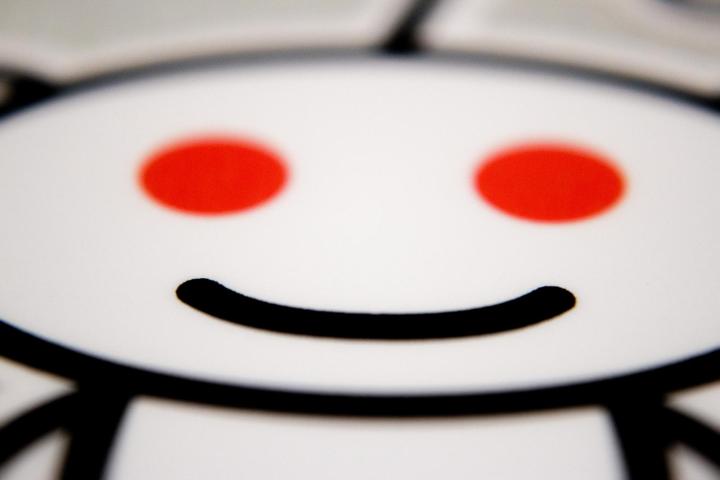
That’s kind of the vibe we get hearing about a project that aims to teach an AI to hold a polite conversation by feeding it message threads from Reddit.
Nonetheless, that’s the working theory held by researchers at OpenAI, the nonprofit Artificial Intelligence company backed by Silicon Valley heavy-hitters like Elon Musk, which lists its mission as “to build safe AI, and ensure AI’s benefits are as widely and evenly distributed as possible.”
All kidding aside, the impressive-sounding project focuses on creating a deep learning neural network able to build up a “probabilistic understanding” of conversation, and maybe even construct enough of a language model to be able to communicate itself. To help with this, OpenAI is employing a DGX-1 supercomputer developed by Nvidia.
According to a report, computations that would take around 250 hours on a regular computer take just 10 hours on the DGX-1. Although only limited details have been released about OpenAI’s Reddit project, this could mean the ability to crunch masses of data as part of the computer training process, and potentially built an absolutely enormous neural network (essentially a software approximation of the way the human brain works) with an enviable number of parameters.
As we can see from the number of companies working to build conversational agents right now, OpenAI isn’t alone in their mission to create a smart AI capable of holding a conversation. Still, the idea of training it with Reddit message threads is something we haven’t come across before — although it sounds very intriguing.
Let’s hope it’s trained it’s trained more on respectable subreddits like /r/Science and /r/TodayILearned than /r/WatchPeopleDie and /r/SpaceDicks, though. Because that could make all the difference.
Editors' Recommendations
- ChatGPT AI chatbot can now be used without an account
- GPTZero: how to use the ChatGPT detection tool
- Google Gemini vs. GPT-4: Which is the best AI?
- 2023 was the year of AI. Here were the 9 moments that defined it
- New ‘poisoning’ tool spells trouble for AI text-to-image tech


